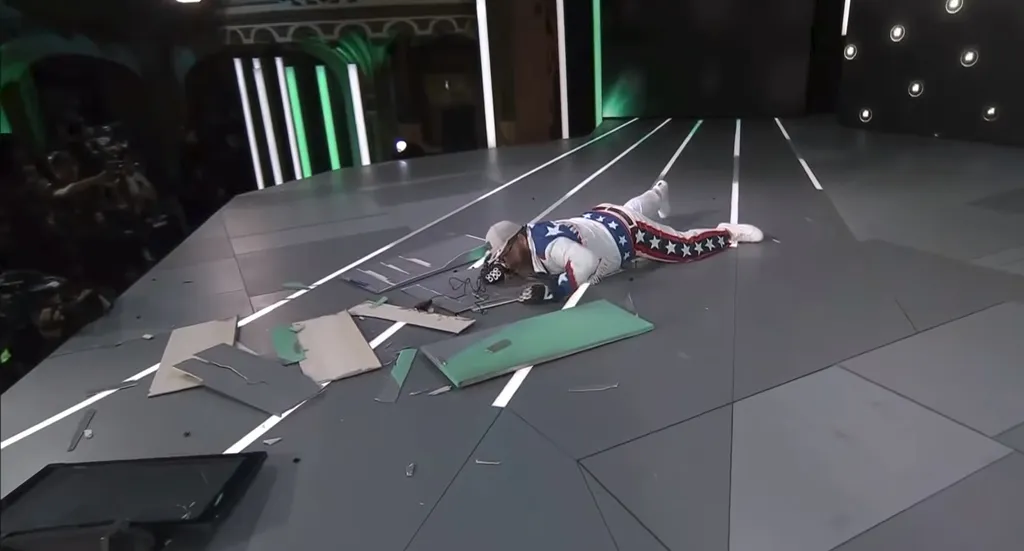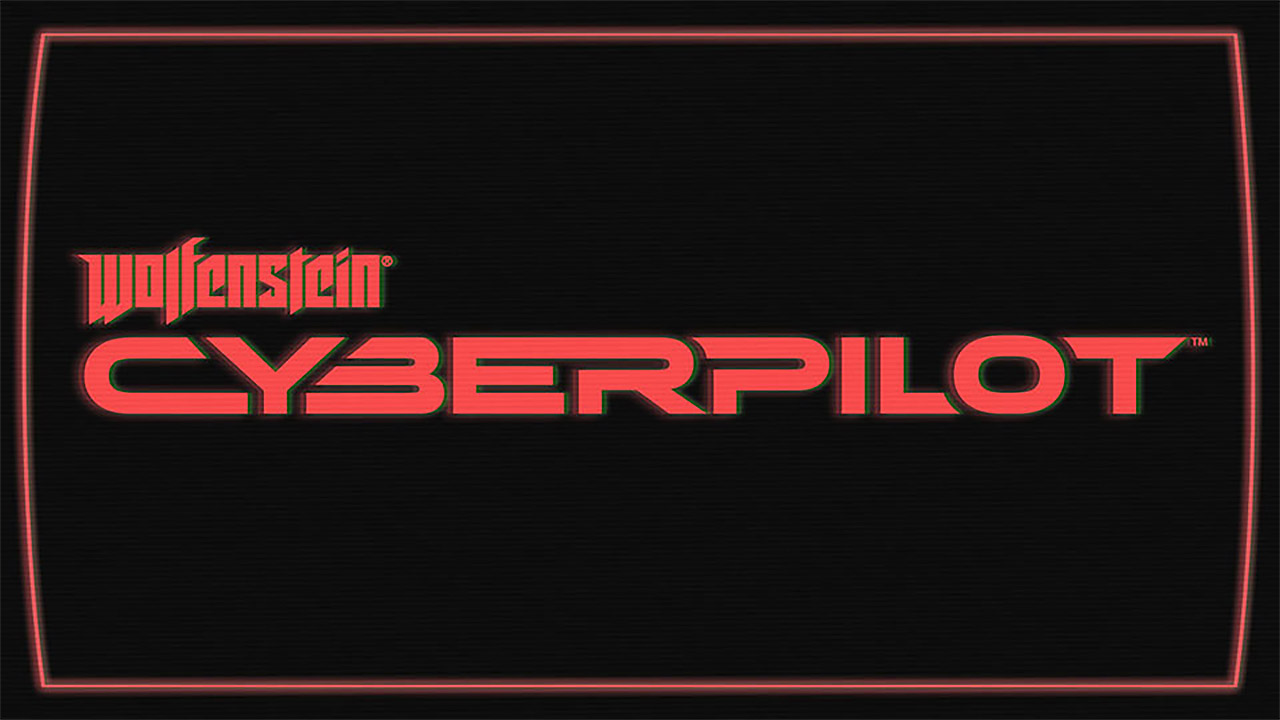I remember sitting down at a restaurant in the LA Live area in 2015, a day or so before that year’s E3 got underway. I was with a pair of developers working on their first VR game set to be revealed during the show and so, naturally, we mainly talked about the week ahead. Over a burger bite, one of them asked: “It’s just going to be a week of VR, isn’t it?”
“Not this year,” I replied conservatively. “But hopefully soon.”
I feel like I’m still waiting for that E3.
To be fair, expectations were pretty well measured for this year’s behemoth gaming event. Oculus and HTC had already passed on big showings at the 2017 iteration, and supposed headset sales still aren’t enough to court giant publishers like EA. But, even with my anticipation in check, I still came away from this year’s show feeling like VR could have made a bigger impression than it did.
My complaints are largely the same as they were last year: the absence of major players really doesn’t help VR’s case right now. Oculus may have announced Stormland last week, for example, but we’re perplexed as to why it wasn’t showing off some of its biggest titles on the horizon, like the still-absent Marvel: Powers United VR or the Respawn shooter arriving next year. Last year we reasoned that there were enough VR games out there already for Oculus to take a back seat, but the numbers feel thinner this year, and Rift would have done well to round up games like Windlands 2 and give them time in the spotlight outside of the VR-dedicated Connect conference. Even just a big booth fuelled by the financial might of Facebook would have served as a strong reminder that VR still has a promising future in the industry.
The same goes for HTC, which I feel like could have done something, or even anything, to remind people the Vive actually exists. Last year the company took full advantage of a partnership with Bethesda to promote Fallout 4. This year, though, the only time I even saw a Vive was in a single picture during Bethesda’s conference in which the company announced The Elder Scrolls: Blades would support VR. The name of the headset wasn’t even uttered, and I’ve only heard games coming to PC VR referred to as just that, PC VR. I can only see two tweets from Vive even mentioning E3 in the past week. HTC really missed out on a chance to raise its profile, especially given Rift’s sedated presence.
Still, as conference weekend went on and yet more shows came and went with very little mention of VR (even the PC Gaming Show had just one game and avoided the term during its segment), we took solace in idea that Sony would save us. Previous years’ announcements of PSVR support for Resident Evil 7 and Skyrim were big enough to make up for VR’s otherwise quiet presence, and we felt certain Sony would have another huge reveal at this year’s show.
Sadly not. Instead, just a handful of smaller (though still intriguing) titles was all we got. Enough to keep the existing fanbase happy, perhaps, but nothing to convince the uninitiated they needed to run out and buy a headset. I was sure we’d be seeing No Man’s Sky VR during the show, but no dice. In the end, it was Bethesda that basically carried VR at E3 for a second year running with the announcement of Blades, a multiplayer mode for Prey and Wolfenstein: Cyberpilot (though our hands-on for that was less than promising).
Granted the show floor was a different story, with PSVR taking up a sizable chunk of Sony’s booth and Ubisoft and Bethesda’s new titles representing the industry to some degree. But it’s the announcements that E3 is best known for, and this year’s display was sorely lacking. It’s especially frustrating when you consider that the E3 in which I downplayed VR’s importance probably ended up being the tech’s biggest so far.
Overall, a pretty uneventful week, then. The question, I suppose, is how that can be fixed and if it even should. Perhaps Facebook and HTC are too afraid of the stigma that Rift and Vive are strictly gaming devices; Oculus has arguably had a bigger showing at 2018 events like Sundance. Still, to downplay gaming’s significance when it’s game developers that are showing the most support for both devices seems foolhardy. And we know that VR gaming still has so much more to prove not to mention a massive number of nay-sayers to prove wrong. A day after gaming’s biggest event wrapped up for another year, it didn’t feel like anyone was any closer to doing that.



























